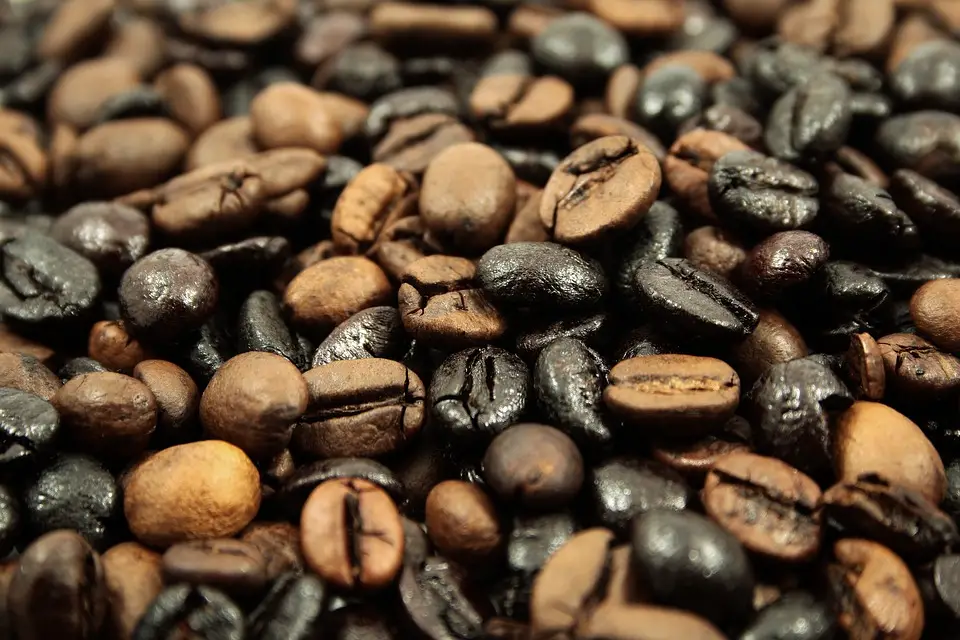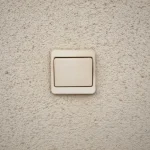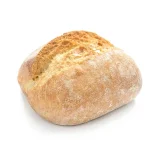As Poslovni Dnevnik writes, Vedran Jakominic, president of the Association of Caterers of Kvarner and Istria, recently commented on the formation of new price lists for cafes for N1 television. He said that they have already formed new price lists, but that they don’t know how long they will remain sustainable because the situation regarding inflation across the world is constantly changing.
“We seem to have been living in some sort of bad joke since 2017, when VAT doubled, then things started to calm down and then the global coronavirus pandemic came. Now we seem to finally be coming out of the pandemic and now we’ve got a war. The prices of all groceries and goods has risen, energy prices have exploded three or four times. But while this war is going on and terrible images continue to roll in from Ukraine, I think we’ll manage to tighten our belts and survive, it’s better than what’s happening to the Ukrainians. But if you were to ask of me if this situation is good… well, it isn’t at all,” said Vedran Jakominic.
He pointed out that Croatian coffee prices aren’t rising because of the basic product of coffee itself, but the biggest problem is energy prices and of course, you need energy to create this country’s cult drink.
“In order to compensate for the increase in the price of electricity, you have to increase the price of coffee by one kuna, in order to compensate for the increase in the price of gas, you have to raise Croatian coffee prices by one to two kuna. Gas shot up for companies by 400 percent, electricity went up three times as well. For the average restaurant, this may mean that from paying around 8,000 kuna, their electricity bill soared to a massive 35,000 kuna. You can’t correct that many price lists,” explained Jakominic, adding that a basic espresso in Rijeka currently costs from 8 to 11 kuna. They aren’t asking for a VAT reduction because they have, quite simply and understandably, all but lost faith in state aid.
“I just don’t expect anything from the state anymore. They’ve shown that they have other interests. I understand that getting voters on side is more important. The state reacted well at the beginning of the coronavirus pandemic, but that help has faded over time,” he concluded.
For more, check out our lifestyle section.











